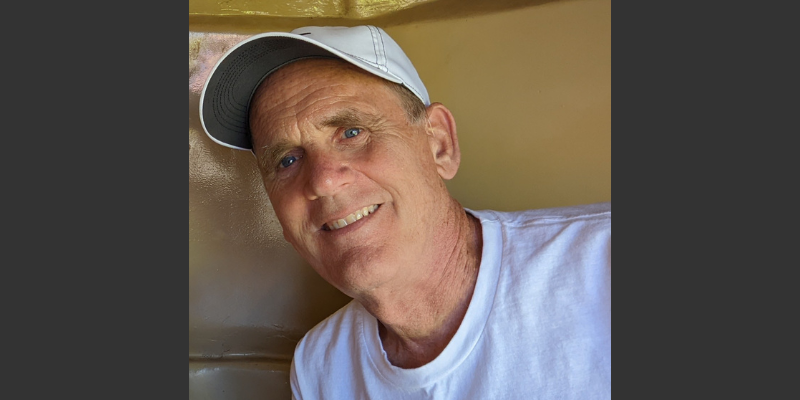When did you start at UMD?
I started at UMD in the Fall of 2000 and will be retiring in the Spring of 2024.
Why did you choose to work at UMD?
While traveling, I would often drive through Duluth and thought it was beautiful, so when an opening was posted for the UMD Department of Communication Sciences and Disorders, my family and I decided to explore the possibilities of employment at UMD. After meeting with faculty and staff, but in particular the department head, Mark Mizuko, and the secretary, Michelle Tessier, I felt like I could be a good fit for this department, university, and community. In addition, Duluth had a curling club (a sport I had played the better part of my life).
What do you like most about your job?
The best part about my job is teaching. I enjoy sharing the clinical application of various communication disorder treatment strategies within the classroom. I’ve always tried to teach this information through stories of clinical experiences from when I was a practicing speech-language pathologist. Students seem to grasp clinical concepts and treatment strategies and techniques when they are “taught” within the context of real clinical experience examples.
What is your research and/or teaching focus?
My research and teaching focus has remained the same while employed at UMD. I teach courses in language development and disorders as well as speech sound disorders. I also have focused on early intervention which involves the care of infants, toddlers, preschoolers and their families. I really enjoy working with children 0-6 years old and their families and so I have tried to focus on this group in my research activities.
Do you have any advice for students?
Students should strive to find a healthy balance between their academic performance and their personal/social life. It’s easy to get caught up in getting the best grades possible without maintaining your mental health. It’s also easy to spend too much time on social life activities that negatively impact your academic performance. Students should work on finding that healthy balance.
What do you like to do in your free time?
As I mentioned previously, curling played a part in my coming to UMD and Duluth. As a family, we have spent a lot of time at the curling club and traveling the Midwest United States and internationally for various competitions. So traveling has been a big free time activity over the years. Other free time activities include hiking (but mainly for geocaches!) and watching my favorite programs on Netflix. So free time is spent with family and friends doing all of the above.
